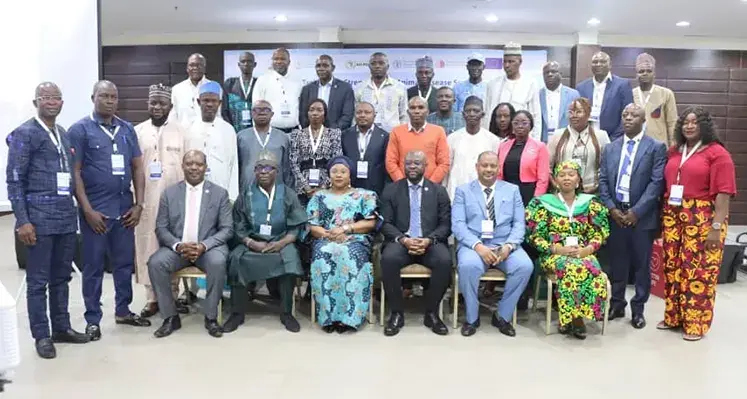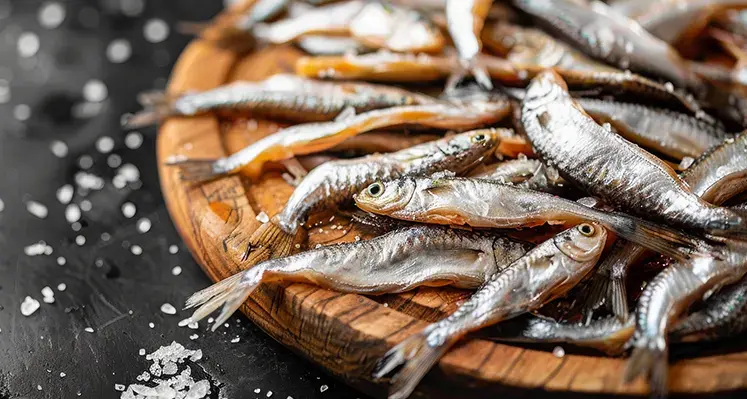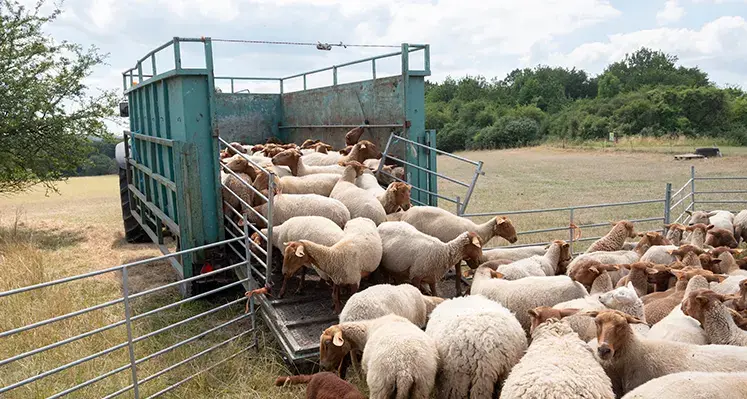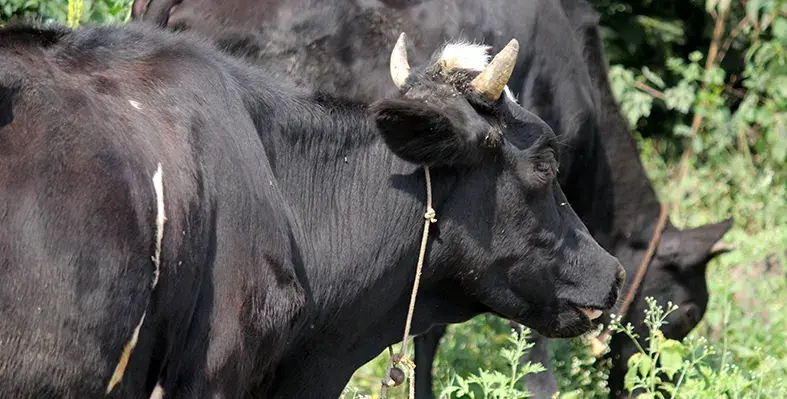
Nigeria aims to lead West Africa towards a more secure and resilient livestock future.(Image credit: AgroNigeria)
Nigeria has once again reaffirmed its pivotal role in safeguarding West Africa’s livestock sector, strengthening regional cooperation in the fight against transboundary animal diseases that continue to threaten food security and rural livelihoods across the sub-region.
At the opening of the Regional Training on Strengthening Capacities for PPR and Other Transboundary Animal Diseases held in Abuja, the Federal Government emphasised that collaborative action is essential to accelerate livestock transformation and protect millions of households dependent on the sector.
Addressing participants, the Permanent Secretary of the Federal Ministry of Livestock Development, Dr. Chinyere Ijeoma Akujobi, highlighted the nation’s strong commitment to advancing the Pan-African PPR Eradication Programme and strengthening Africa’s collective resilience. According to her, Nigeria is implementing extensive upgrades to its animal health surveillance systems to better detect, monitor, and prevent cross-border disease spread.
Dr. Akujobi noted that the Federal Government is deepening surveillance mechanisms by enhancing the National Animal Disease Information System, fostering stronger laboratory–field coordination under the One Health approach, and expanding partnerships with ECOWAS-RAHC, AU-IBAR, FAO, and WOAH to ensure that national animal health initiatives align with broader regional and continental strategies. These efforts reflect Nigeria’s leadership in harmonising disease control frameworks across West Africa.
She further explained that Nigeria’s decision to host the regional training demonstrates its readiness to support neighbouring countries in capacity building, technical cooperation, and coordinated surveillance. According to her, disease outbreaks in rural communities go beyond animal losses—they weaken resilience, disrupt local economies, and slow down agricultural advancement. She stressed that the continent must shift from reactive emergency responses to proactive, data-driven surveillance systems if Africa is to meet the global PPR eradication target by 2030.
Highlighting ongoing challenges, Dr. Akujobi pointed out that the region continues to face a range of transboundary and zoonotic threats including Foot and Mouth Disease, African Swine Fever, Anthrax, and Highly Pathogenic Avian Influenza. These diseases, she said, collectively undermine food systems, livestock productivity, and household incomes. She called for stronger collaboration among veterinarians, epidemiologists, laboratory scientists, border authorities, wildlife regulators, and pastoral communities, noting that each stakeholder plays a critical role in prevention and control.
In his address, the FAO Representative in Nigeria, Dr. Tofeek Braimah, emphasised the severe socio-economic impact of PPR, describing it as one of the most destructive viral diseases affecting sheep and goats. He reiterated that although the 2030 eradication goal is ambitious, it remains achievable through sustained political commitment, strong partnerships, and synchronised regional action. Dr. Braimah reaffirmed FAO’s unwavering support to member states and regional institutions in their animal health efforts.
Through enhanced cooperation, innovative surveillance, and strengthened regional coordination, Nigeria aims to lead West Africa towards a more secure and resilient livestock future.








